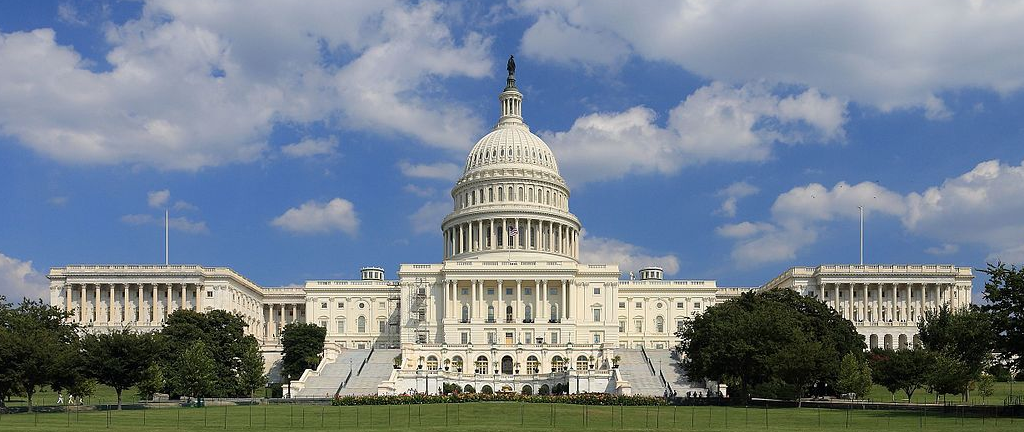While the solar industry has been obsessed lately with one ITC (the U.S. International Trade Commission), it appears to have gone largely unnoticed that another ITC (the Investment Tax Credit) was coming under scrutiny as the U.S. House of Representatives worked to push through its tax reform bill.
Well, yesterday the bill passed on nearly a party-line vote 272-208, and the post-mortem for the solar industry indicates that it has largely emerged unscathed. Though the House tax reform package has passed, there is a Senate version that leaves the ITC almost completely in tact as is. The Senate bill passed out of committee on a 14-12.
To assess fully what effect the tax reform package will have on the solar industry, the two bills will have to be reconciled and then passed a second time by both houses of Congress and then signed into law by President Donald J. Trump. In other words, the vote yesterday is by no means the final word on how tax reform will affect the solar industry.
The House bill does change the investment tax credit (ITC), but the changes are so small as to be almost cosmetic. The historic compromise reached in 2015 set a 30% value for the credit through 2019 and step down to 10% by 2022. There are no changes to those provisions under the new tax bill.
What does change are the requirements to qualify for the credit in the ITC’s later years. Instead of only needing to be under construction, projects will now need to require projects demonstrate a a program of continuous construction. Most analysts don’t believe it will start to affect projections until 2020, when the ITC begins its official step down.
One other slight change to the bill ends the 10% credit for projects beginning construction after 2027, which could in large part be meaningless by then. With overall project costs continuing to plummet, most analysts believe the ITC will be largely irrelevant to project financing within the next decade.
The Solar Energy Industries Association (SEIA) tentatively applauded the bill.
Popular content
“While we will continue to evaluate the impact of the full House tax reform proposal, we are pleased the House Bill recognizes the value of the solar Investment Tax Credit,” said Abigail Ross Hopper, SEIA’s president and CEO. “We look forward to working with Congress and the Trump administration to ensure federal tax policy that advances solar energy and a growing economy and solar workforce.”
Still, not everyone believes the bill is kind to the solar industry. According to Advanced Energy Economy, a pro-clean energy advocacy organization, the bill sends a mixed message.
“The House of Representatives is sending a mixed signal to the $200 billion advanced energy industry. While we are encouraged that the House is reducing the corporate tax rate and finally providing equal treatment for technologies like fuel cells, combined heat and power, geothermal, and advanced nuclear, today’s vote also completely undermines market certainty for the wind, solar and electric vehicle businesses, putting billions of dollars of investment and tens of thousands of jobs at risk” said Malcolm Woolf, senior vice president of policy for Advanced Energy Economy.
“It’s unfortunate to see the House walk back on the 2015 deal, while retaining permanent subsidies for other technologies,” Woolf added.
This article was updated at 10:02 am EST on 11/17/17 to include comments from SEIA President and CEO Abigail Ross Hopper.
This content is protected by copyright and may not be reused. If you want to cooperate with us and would like to reuse some of our content, please contact: editors@pv-magazine.com.



1 comment
By submitting this form you agree to pv magazine using your data for the purposes of publishing your comment.
Your personal data will only be disclosed or otherwise transmitted to third parties for the purposes of spam filtering or if this is necessary for technical maintenance of the website. Any other transfer to third parties will not take place unless this is justified on the basis of applicable data protection regulations or if pv magazine is legally obliged to do so.
You may revoke this consent at any time with effect for the future, in which case your personal data will be deleted immediately. Otherwise, your data will be deleted if pv magazine has processed your request or the purpose of data storage is fulfilled.
Further information on data privacy can be found in our Data Protection Policy.